And recently, the Vietnam Football Federation (VFF) has affirmed that it will not follow the naturalization race. VFF's approach is reasonable, but perhaps VFF needs to act differently first for Vietnamese football to change.
"Flexible and moderate"
The wave of naturalization of Indonesia and Malaysia helped them achieve some initial positive results in the 2026 World Cup and 2027 Asian Cup qualifiers. Their strength improved miraculously, which made public opinion in many countries in the region impatient.
Faced with the fear of being inferior to opponents and left behind in future confrontations, many opinions suggest that the Vietnamese team should also apply the above method. Another reason given is that international football is now deeply integrated, so the matter of naturalizing players needs to be more open. Countries with strong football still use naturalized players, so Vietnam should also boldly change.
However, in reality, Vietnamese football has its own characteristics. If Indonesia and Malaysia have billionaires who are ready to enter the race to naturalize players, Vietnamese "bosses" have not yet adapted to this method. Countries with developed football such as France, Germany... have their own cultural history. They are open and welcome many talents through discovery and training, not arbitrarily and hastily.
VFF needs to take more drastic actions to transform Vietnamese football. (Photo: THAO HOANG)
Furthermore, Vietnam does not have a high-class player resource with a market transfer value of millions of USD. We do not have many players playing in the top national championships in the Netherlands, Spain or some South American countries... Meanwhile, the resource of overseas Vietnamese players who are good at playing football is quite limited. Persuading them to return and change their living and working environment is not immediately feasible. In addition, the procedural conditions are not necessarily favorable for many reasons.
In addition, the traditional cultural factors, national flag colors, which make up the "national character" of Vietnam are not easily broken, so the naturalization of players wearing the national team jersey should only be carried out at a "flexible and moderate" level.
Must change actions
VFF decided not to naturalize players en masse. Vietnam will only naturalize and call up suitable players to the national team, in order to motivate domestic players and develop sustainably, which takes time. This is a reasonable approach of VFF in the conditions of Vietnamese football.
However, in order for Vietnamese football to develop to its full potential and advantages, in the near future, VFF should also have a more innovative approach to help Vietnamese football truly transform. VFF should review and adjust the regulations of professional football. Vietnam Professional Football Joint Stock Company (VPF) must have changes in the organization and management of tournaments.
We should be more drastic and tighten the implementation of regulations on youth training. Facilities, grounds, and organizational conditions at clubs must meet the requirements (at least at a relative level) to be able to participate in the national professional tournament system.
Gradually improve the "inverted pyramid" situation in the domestic tournament system over the past years. The V-League has always been more crowded than the First and Second Divisions. The V-League needs to be organized compactly but focus on improving quality. Only then will teams be able to invest enough resources to participate in domestic and international tournaments at the regional and Asian club level, avoiding the unprofessional situation of dropping out of the tournament (like the case of Thanh Hoa Club dropping out of the 2024 Asian Cup C2).
Focus on youth training and player export
Currently, there are only a handful of Vietnamese clubs that do a good job of youth training. Hoang Anh Gia Lai, Song Lam Nghe An, PVF... are a few places that regularly "produce" young players. Even a strong team like Hanoi Club in the past (in 2019) was "whistled" by AFC for not building enough youth teams according to the standards of a professional team. This is probably because the selection of players in Vietnam is not wide enough, the number of players is not large, school football is not as developed as in Japan, Korea, and even Thailand.
In addition to paying attention to regular connections and supporting clubs that do well in youth training, VFF needs to consider combining with the education and training sector to set out a strategy for developing school football, in addition to developing the physical strength of the young generation, improving the breed through mandatory standards for school sports grounds; school milk... This is a sustainable approach that Japan is a typical model for us to learn from. It is a foundation for Vietnam to gradually improve and seek football talents in the future.
VFF, VPF and clubs need to really take action and find solutions for player export. Buying and selling players must come from the needs of both sides, but for a long time, player export has been a huge gap for Vietnamese football. This is a sign of instability on the path to professional football development. Many national teams have become stronger, mostly thanks to the strategy of sending players abroad to "study". When they return, their thinking, playing style and professional level will improve, helping the national team become stronger.
At the U23 and national team levels, Vietnam competed on equal terms with Uzbekistan and Jordan in the final round of the U23 Asian Cup and the 2019 Asian Cup. Only 5-7 years later, Uzbekistan won a ticket to the 2026 World Cup finals. This shows that managers and Vietnamese football professionals need to look back and reflect on what we have done during that time and what adjustments we need to make to soon improve the quality of Vietnamese football.
Source: https://nld.com.vn/nang-cap-suc-manh-doi-tuyen-viet-nam-cach-nao-196250618211749046.htm



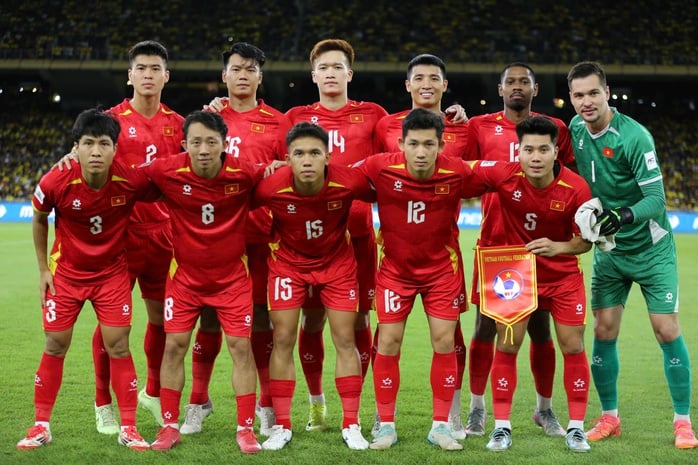

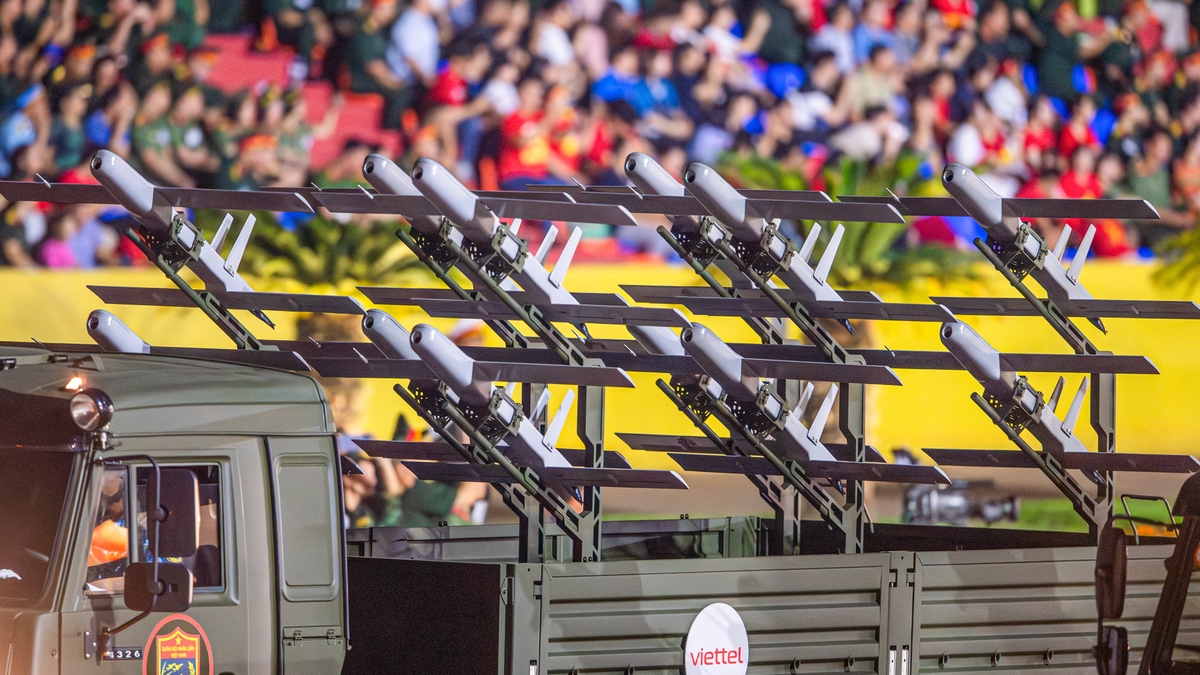



![[Photo] General Secretary To Lam attends the 80th Anniversary of the Cultural Sector's Traditional Day](https://vphoto.vietnam.vn/thumb/1200x675/vietnam/resource/IMAGE/2025/8/23/7a88e6b58502490aa153adf8f0eec2b2)
![[Photo] Prime Minister Pham Minh Chinh chairs the meeting of the Government Party Committee Standing Committee](https://vphoto.vietnam.vn/thumb/1200x675/vietnam/resource/IMAGE/2025/8/23/8e94aa3d26424d1ab1528c3e4bbacc45)
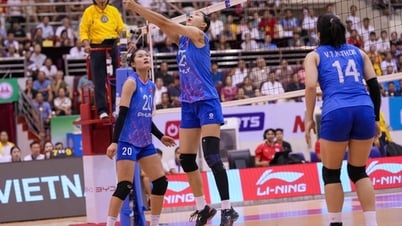
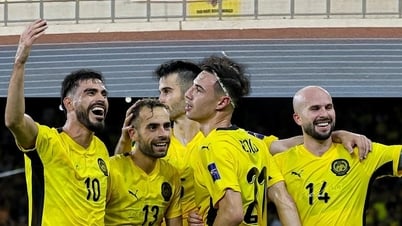

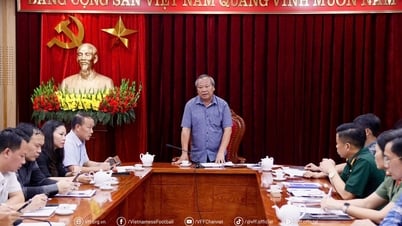

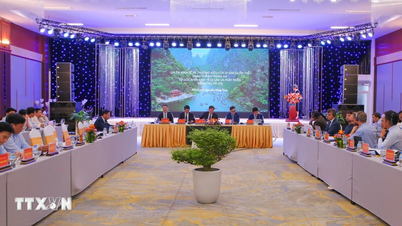



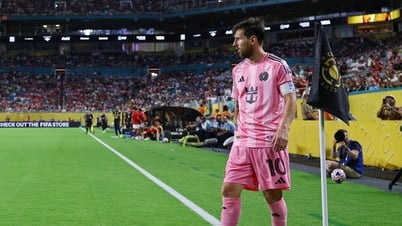
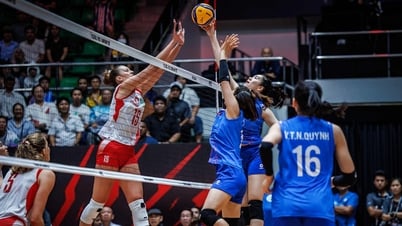







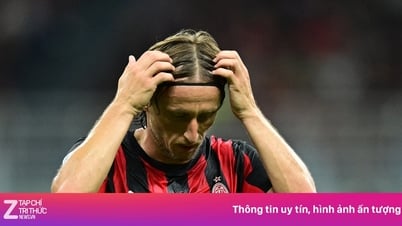





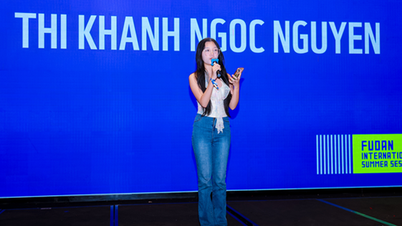
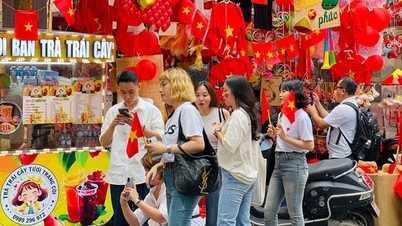
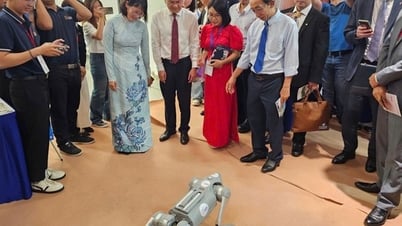
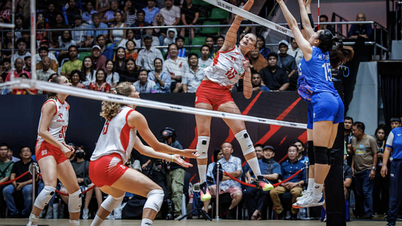


























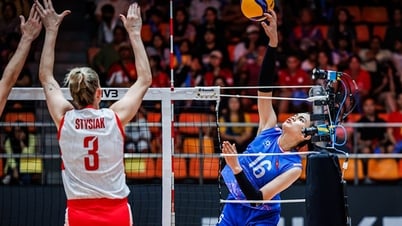














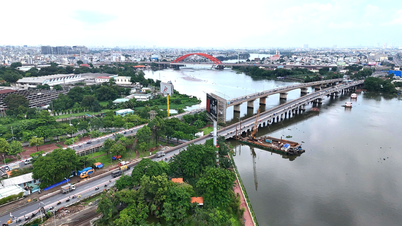

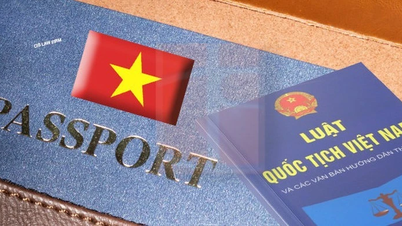

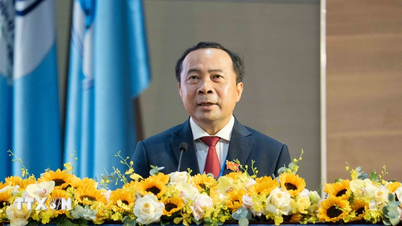
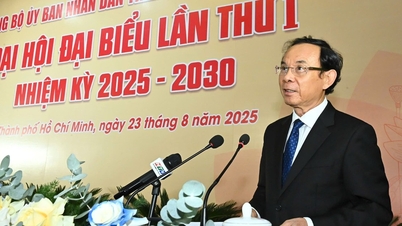
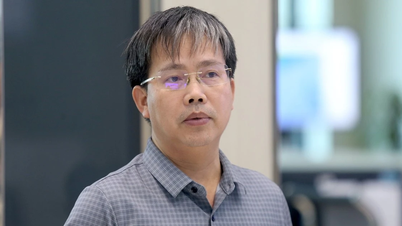
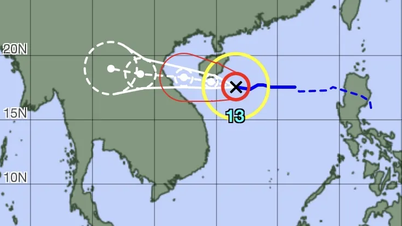













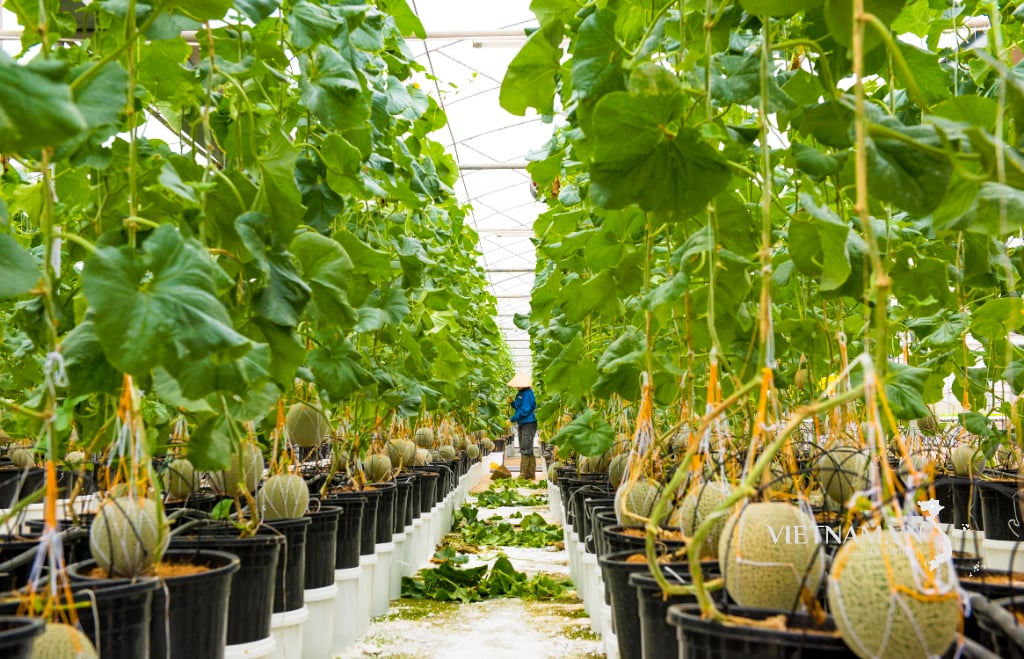
Comment (0)